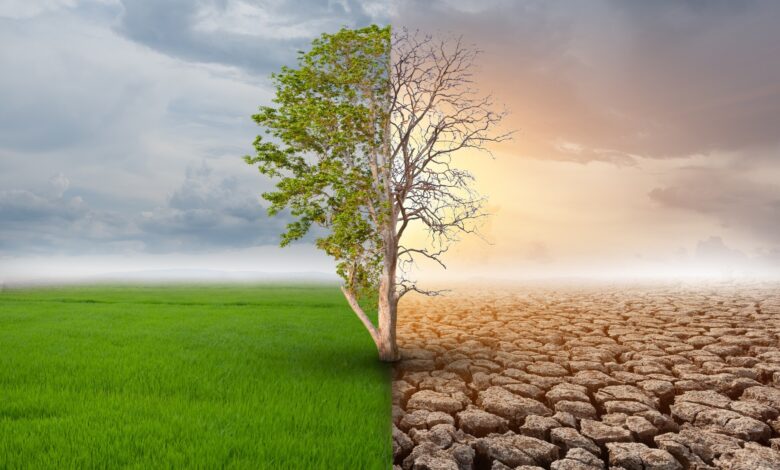Climate change and environmental conservation

Climate change and environmental conservation have become some of the most critical issues in the world today. The earth’s natural systems are under constant pressure from anthropogenic activities, leading to a changing climate, loss of biodiversity, and environmental degradation. Climate change has serious implications for humans and the planet, affecting natural resources, ecosystems, and public health. Environmental conservation, on the other hand, aims to preserve and protect the environment by promoting sustainable practices and reducing environmental damage. In this article, we will explore the impact of climate change on the environment and discuss the importance of environmental conservation in mitigating its effects.
Introduction
Climate change is caused by the release of greenhouse gases into the atmosphere, resulting in the trapping of heat from the sun, leading to a rise in temperature. The burning of fossil fuels for energy is the primary contributor to the increase in greenhouse gases. The effects of climate change are far-reaching and can be seen in rising sea levels, melting glaciers, changes in weather patterns, and loss of biodiversity.
The Impact of Climate Change
Climate change has a profound effect on the environment, with many species struggling to adapt to changes in their habitat. The impact of climate change can be felt in various ways, including:
1. Melting Glaciers
The melting of glaciers is one of the most visible effects of climate change. The melting of glaciers contributes to the rise in sea levels, which can lead to flooding in coastal areas.
2. Rising Sea Levels
As the temperature of the earth’s surface rises, sea levels also rise due to the melting of ice caps and glaciers. This can lead to flooding in coastal areas and the displacement of people.
3. Changes in Weather Patterns
Climate change leads to changes in weather patterns, including more frequent and severe weather events such as hurricanes, droughts, and wildfires.
4. Loss of Biodiversity
Climate change has led to the loss of biodiversity, with many species struggling to adapt to the changing environment. This can lead to the extinction of many plant and animal species.
The Importance of Environmental Conservation
Environmental conservation is crucial in mitigating the effects of climate change and preserving the environment for future generations. Environmental conservation aims to promote sustainable practices and reduce environmental damage.
1. Promoting Sustainable Practices
Environmental conservation involves promoting sustainable practices such as renewable energy, recycling, and reducing waste. These practices help to reduce greenhouse gas emissions, which contribute to climate change.
2. Protecting Biodiversity
Environmental conservation involves protecting biodiversity by preserving natural habitats and reducing the impact of human activities on the environment. This can help to prevent the extinction of many plant and animal species.
3. Reducing Environmental Damage
Environmental conservation aims to reduce environmental damage by promoting sustainable practices and reducing the impact of human activities on the environment. This can help to prevent the negative effects of climate change, such as rising sea levels and changes in weather patterns.
Conclusion
Climate change and environmental conservation are critical issues that require immediate attention. The impact of climate change is already being felt worldwide, with devastating consequences for the environment and human populations. Environmental conservation is crucial in mitigating the effects of climate change and preserving the environment for future generations. By promoting sustainable practices, protecting biodiversity, and reducing environmental damage, we can help to mitigate the effects of climate change and preserve the environment for future generations.



